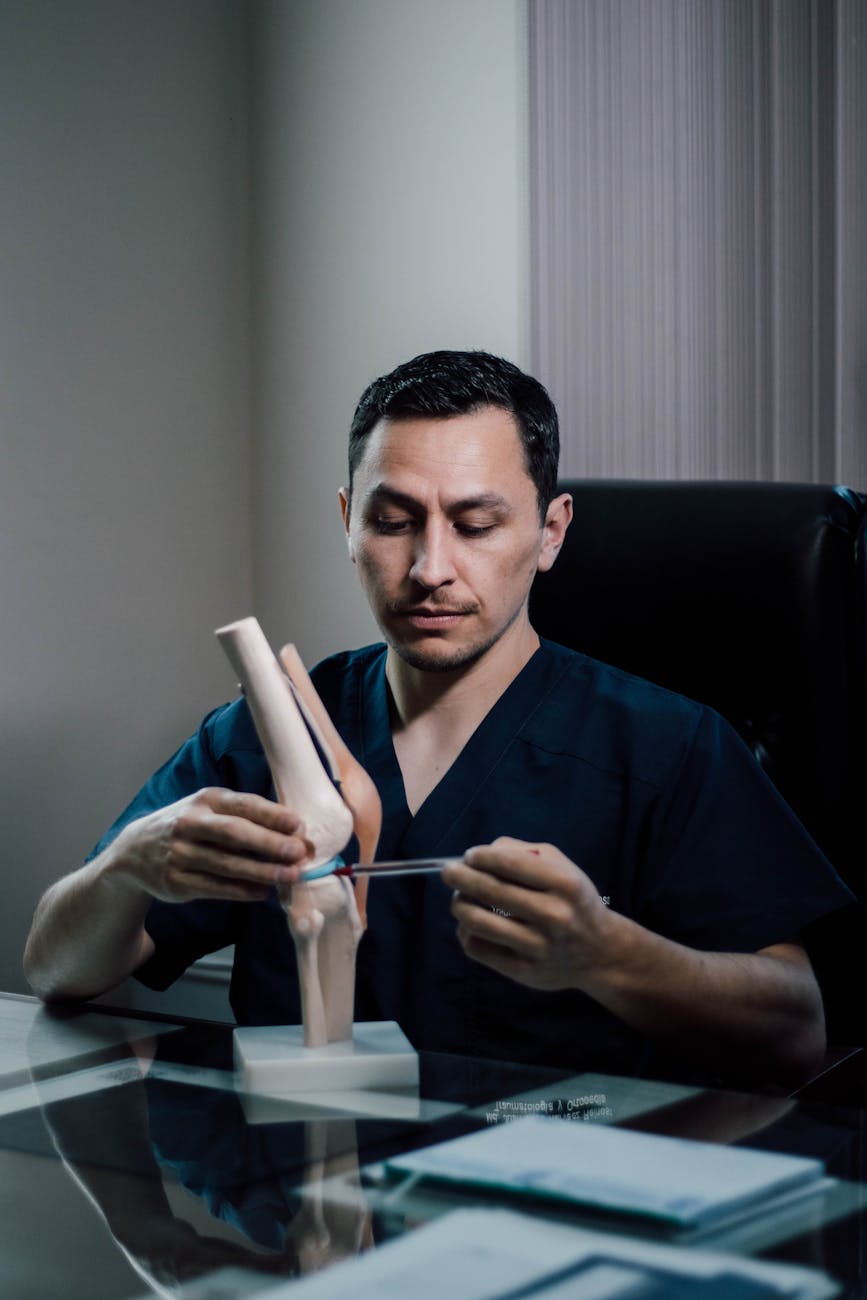Hip and Knee Surgery as Self-Care: Restoring Mobility and Quality of Life
Self-care is more than relaxation routines or stress management. At its core, it means making choices that protect health, restore independence, and support long-term well-being. For some people, self-care takes the form of medical decisions that bring relief from constant pain and open the door to living fully again.
Hip and knee problems can slowly limit these possibilities. Tasks such as walking, climbing stairs, or enjoying family activities may become a struggle. When discomfort grows severe enough to impact confidence and peace of mind, surgery is no longer just treatment. It becomes an act of self-respect, one that allows individuals to regain mobility and improve their quality of life.
Understanding Hip and Knee Challenges
The hips and knees are among the body’s most vital joints. They carry weight, absorb pressure, and make nearly every form of movement possible. Over time, arthritis, sports injuries, or age-related wear can lead to stiffness, swelling, and sharp pain.
These problems do not stop at the physical level. Limited mobility often disrupts sleep, drains energy, and reduces motivation. It may even keep people from joining social events or spending time with family. Choosing to address these challenges early, including through surgery when needed, helps prevent further decline and restores both comfort and confidence.
The Role of Modern Orthopedics
Orthopedic surgery has advanced in ways that make recovery safer and more manageable. Minimally invasive techniques reduce scarring, lower discomfort, and allow patients to heal more quickly. Modern planning tools ensure procedures are tailored to each person’s needs and lifestyle.
For more information about specialized orthopedic approaches, resources like https://brettshoremd.com/ highlight how dedicated surgeons combine medical expertise with evolving techniques to restore mobility and confidence. By showing how personalized treatment connects with overall well-being, these resources underline why surgery is not just a procedure but a vital step toward better living.
Choosing Surgery as Self-Care
- Prioritizing wellness: Choosing surgery means valuing long-term health over short-term coping. It is a commitment to stop living in constant discomfort and instead invest in future mobility and strength.
- Restoring independence: Freedom of movement brings confidence. Walking without hesitation or enjoying daily activities again can lift both mood and self-esteem, helping people reconnect with life more fully.
- Empowerment through choice: Deciding to take control of joint health shows resilience. It reflects courage, responsibility, and the belief that self-care sometimes requires bold steps toward lasting change.
Benefits Beyond Physical Healing
- Emotional relief: Living without constant discomfort reduces stress and provides peace of mind.
- Social connection: Regained mobility encourages participation in family events, hobbies, and travel, helping people feel included again.
- Energy renewal: With pain reduced, patients frequently feel more motivated to embrace healthy routines like exercise, stretching, or outdoor activity.
Recovery and Lifestyle Integration
The healing process requires patience and commitment. Physical therapy rebuilds muscle strength and restores flexibility. Balanced meals provide the body with nutrients that support repair. Proper rest allows tissues to recover.
- Consistency matters: Sticking to therapy sessions and daily exercises ensures steady progress.
- Small routines help: Gentle stretching, light walks, and mindful breathing support recovery without strain.
- Support systems count: Family encouragement and professional guidance make the process less overwhelming.
Recovery also involves mindset. Each milestone, from walking with less discomfort to regaining the ability to complete daily tasks, reinforces progress. By viewing healing as self-care, patients shift focus from frustration to growth. This positive outlook not only speeds recovery but also lays the foundation for healthier habits moving forward.
Looking at the Bigger Picture
- Holistic wellness: Surgery fits into a larger plan for long-term health that includes nutrition, exercise, and emotional balance. It reminds patients that self-care is not a single step but a combination of daily practices that maintain strength and well-being.
- Future readiness: Restored mobility reduces the risk of weight gain, heart problems, and other secondary health concerns. It also helps people stay active enough to prevent future joint stress, lowering the chances of further injuries or complications.
- Balanced living: Surgery offers more than repaired joints. It enables life with less pain, more confidence, and the freedom to enjoy meaningful experiences. For many, this means returning to work, pursuing hobbies, and reconnecting with a sense of purpose.
Conclusion
Self-care means making decisions that protect health and preserve independence. For those living with hip or knee pain, surgery can be one of those life-changing decisions.
It eases discomfort, restores mobility, and strengthens confidence in everyday life. Seeing surgery as self-care reframes the choice as empowering rather than intimidating. Through this perspective, individuals gain physical strength and emotional well-being, allowing them to live with renewed energy, resilience, and optimism for the future.


Leave a Reply
You must be logged in to post a comment.